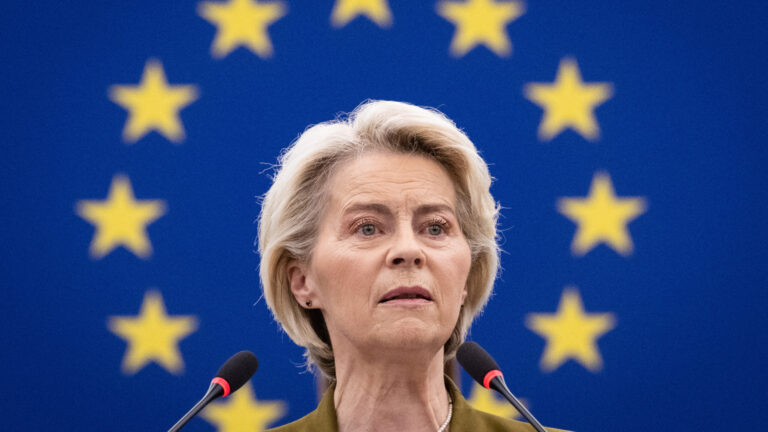According to a report issued Tuesday by the Center for Fundamental Rights, the Fidesz–KDNP alliance emerged from the summer and the official campaign launch in a dominant position. The analysis argues that the TISZA Party, led by Péter Magyar, faced growing setbacks due to a series of damaging statements, a data security scandal, and proposals critics say could reduce pensions and reintroduce conscription.
The think tank states that these controversies have also revealed the influence of left-leaning groups behind TISZA—groups previously associated with supporting Péter Márki-Zay—as well as foreign-funded media networks that, according to the analysis, are attempting to present TISZA as a centrist movement despite its challenges.
The report claims the governing parties successfully shaped the political agenda in the sixth month before the election, helped in part by missteps made within TISZA. One major blow, the analysis notes, was the scandal surrounding the TISZA World app, developed with Ukrainian involvement. Following reports of a data leak impacting nearly 20,000 users, more than 30,000 people reportedly stopped using the app.
Public events tied to the national holiday also worked in favour of the government, the organization said, highlighting the turnout advantage of the pro-government side. It pointed to Prime Minister Viktor Orbán’s diplomatic activity—including meetings with Pope Leo XIV, Italian conservative leaders, and an upcoming US visit—as further strengthening Fidesz–KDNP’s position.
TISZA’s alleged proposals for tax increases, reduced family benefits, and changes to pension policy have also sparked opposition, the analysis argues. The Center claims these measures would roll back popular financial supports such as the 13th-month pension and the Women 40 programme, and end price-cutting policies on utilities.
In contrast, the Center emphasized that the government has rejected austerity measures and continues to pursue what it describes as Europe’s largest tax-cutting programme.
October also saw heightened street mobilization, with both political camps organizing mass rallies. Based on data published by the Interior Ministry, the report states that participants in the pro-government Peace March outnumbered TISZA supporters by roughly two to one.
The Center’s polling suggests Fidesz–KDNP retains a solid lead among decided voters, with 47 per cent support compared to 42 per cent for TISZA. On the international stage, the organization cited a renewed focus on peace initiatives, pointing to the Egyptian summit on 13 October, attended by Orbán at the invitation of US President Donald Trump—a meeting the Center described as a significant diplomatic moment.
Related articles:







